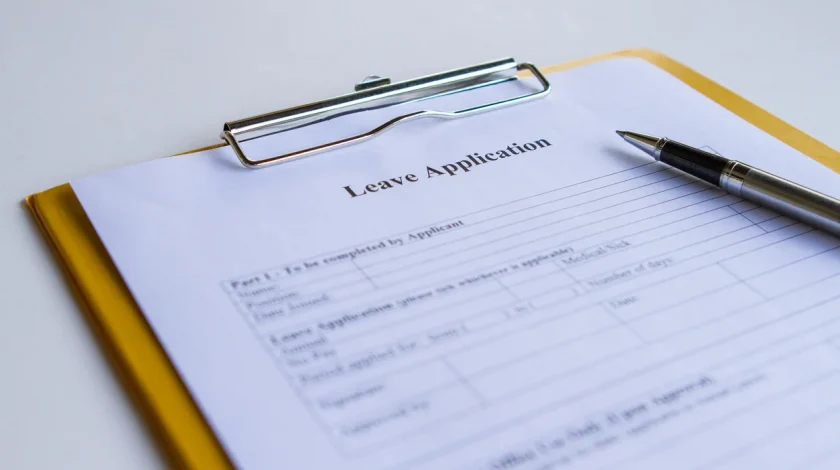Following months of debate in Parliament about the Labour Government’s proposed introduction of 10 days of paid family and domestic violence leave (FDV Leave) into the National Employment Standards (NES), FDV Leave is now set to become law and become an entitlement under the NES.
On Thursday 27 October 2022, the House of Representatives agreed to final amendments to the Fair Work Amendment (Paid Family and Domestic Violence Leave) Bill 2022 (the Bill) proposed by the Senate, paving the way for the Bill to passed as legislation.
Prime Minister Anthony Albanese and Minister Tony Burke publicly announced the introduction of FDV Leave.
What does this all mean?
Employees who experience family and domestic violence (FDV) will have access to up to 10 days of FDV Leave each year from the day they commence employment with their employer. FDV Leave is to be paid at the employee’s ordinary full rate of pay for:
- Non-casual employees (i.e. part-time and full-time), to be worked out as if the employee had not taken the period of leave; and
- Casual employees, to be worked out as if the employee had worked the hours in the period for which the employee was rostered.
This entitlement will apply to all employees that fall under the national employment system.
FDV Leave does not progressively accrue like other entitlements such as paid annual leave or paid personal leave, and will be immediately available to access when needed by the employee.
The existing entitlement to 5 days of unpaid leave for family and domestic violence leave will be replaced by the new paid FDV Leave entitlement in the NES.
When will this start?
For most employees, access to FDV Leave will be available from 1 February 2023.
For employees that are employed by small business employers (employers with less than 15 employees), their access to FDV Leave will be available 6 months later.
Does this apply to perpetrators of FDV?
To be clear, FDV Leave will not be available for perpetrators of FDV and will only be available to victims of FDV.
What do employers need to do to prepare for the incoming FDV Leave?
Employers will need to consider carefully what policies they have in place, or do not have in place, in response to dealing with employees who are experiencing FDV and how to best manage FDV Leave.
As a best course of action, employers should have thorough policies in place that clearly set out the expectations of an employee in respect of accessing and managing FDV Leave.
Further, employers will need to seek legal advice on how to prepare for and manage the new FDV Leave entitlement. This includes seeking advice on:
- the ins and outs of the applicable legislation;
- ensuring that relevant employee and payroll records are updated;
- developing systems and protocols surrounding FDV Leave; and
- communicating and explaining the changes in the FDV Leave entitlement to employees.
If you would like advice on the above, please do not hesitate to contact us.














